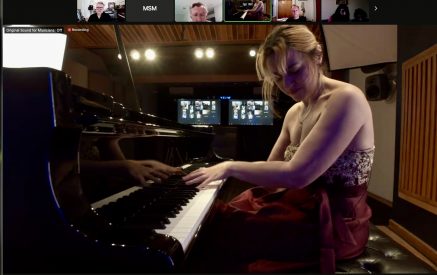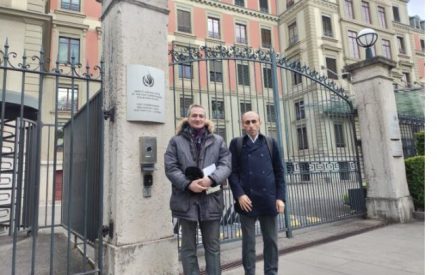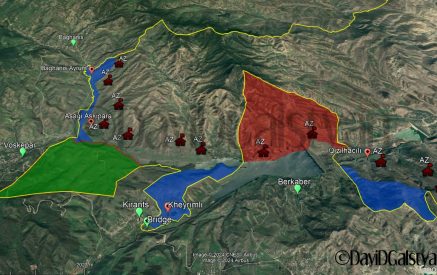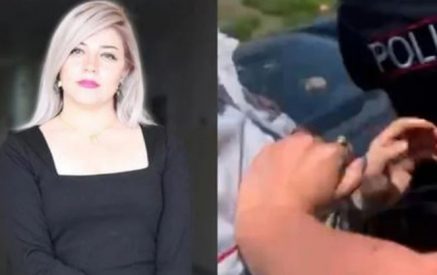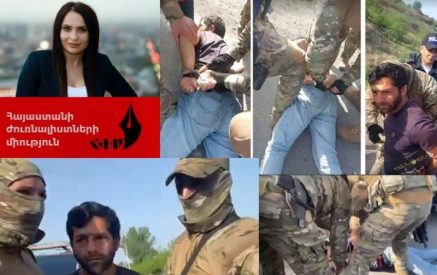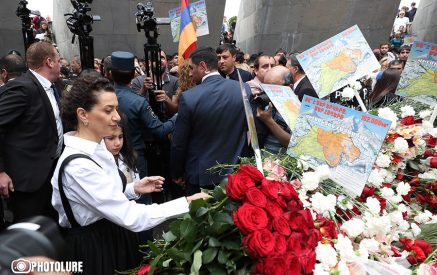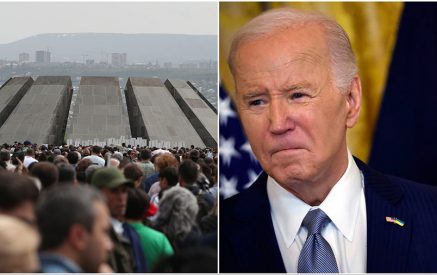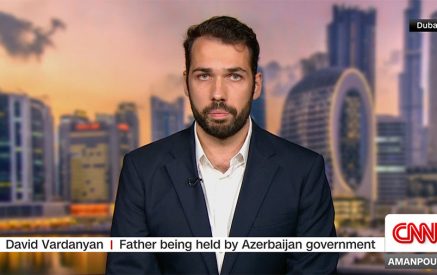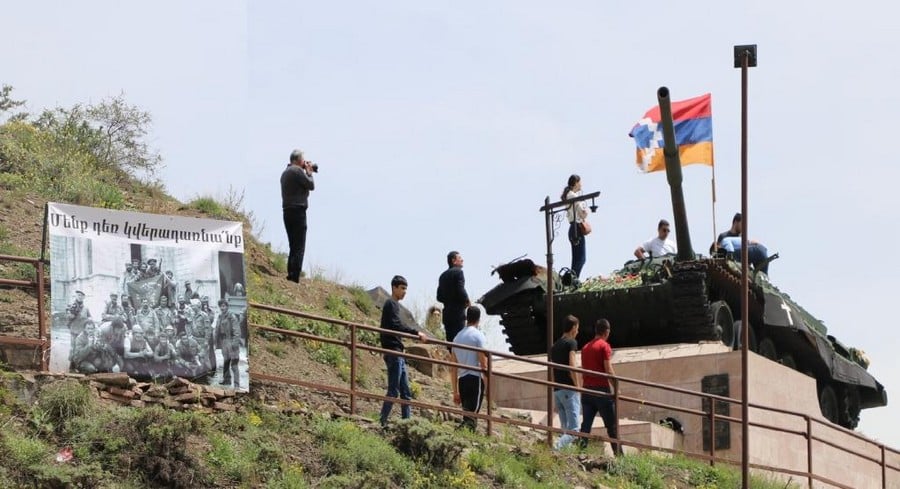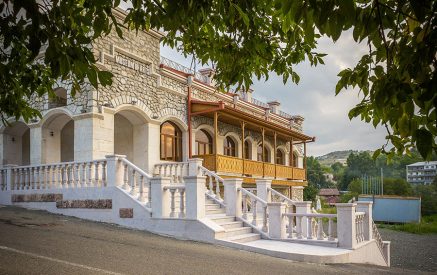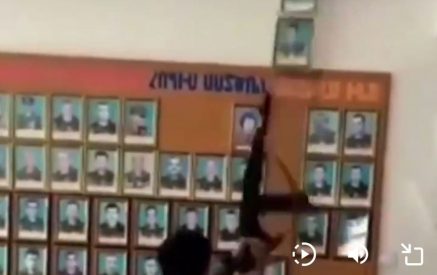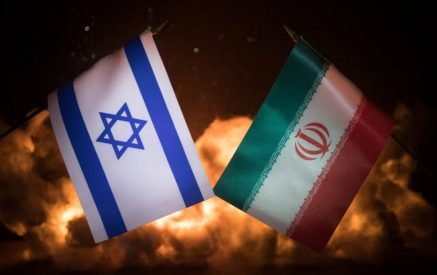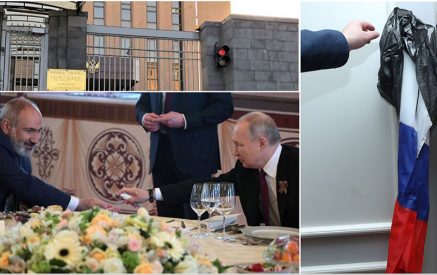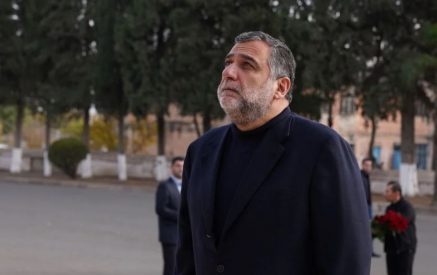Different types of cultural memory
My grandfather didn’t like to talk about the war. We are talking about the Great Patriotic War, through which he reached Berlin. If he was telling, then about some minor domestic incidents, not about fire, blood, and victims. My father used to say that my grandfather did not feel sorry for us- children but did not want to discuss this topic. He never wore combat medals and only took them off the shelf when he went to the officials to demand justice for others (not himself).
Nevertheless, I felt like a grandson of the winner, and May 9 was a holiday for me, despite all the ideological problems. Of course, I could see that Soviet propaganda misused the subject of war and presented it from a wrong angle. And the exaggeration of Brezhnev’s role in the war was simply ridiculous and gave rise to many jokes. But it did not overshadow my national pride, the feeling of being the descendant of the winner.
It seems to me that this pride also helped our generation to come out of the ordeal of 1992-94 with honor. In May 1992, that feeling was reinforced in me. I wondered why people in Yerevan cursed Ter-Petrosyan so much and believed the absurd rumors that the RA President was against the capture of Shushi or was unaware of it. This may be how the clouding of people’s brains began.
Read also
When war and everyday life are separated in time, their connecting link, bridge, is cultural memory. Stories of Stalin’s crimes or “cold and darkness” can dominate, and pride for victories can also be prevalent.
Even when the topic of war is “taboo” (and I have noticed this among many war veterans), the cultural memory is still tacitly present in later generations, perhaps not receiving a conscious formulation.
In 1988, a movie called “Aviya’s Summer” was shot in Israel. The parents who survived the Holocaust do not want to mention the horrors that happened to them in the presence of their daughter. But in all the dialogues of the film, at first glance, ordinary and purely domestic, the Holocaust is still present.
Our defeat in the Second Karabakh War is also “present” in our lives, especially since that defeat continues.
Although only three years have passed, the cultural memory is already being formed. Again, it may vary. I can assume that those who were not proud of the liberation of Shushi were not depressed by the fall of Shushi. In other words, if the war of 1992-94 is perceived through the prism of “cold and darkness,” then the defeat of 2020 can be perceived under the influence of the formula “so that the former ones do not come”.
In short, if there is no national self-love or pride, it cannot be hurt.
ARAM ABRAHAMYAN
“Aravot” daily, 17.10.2023

